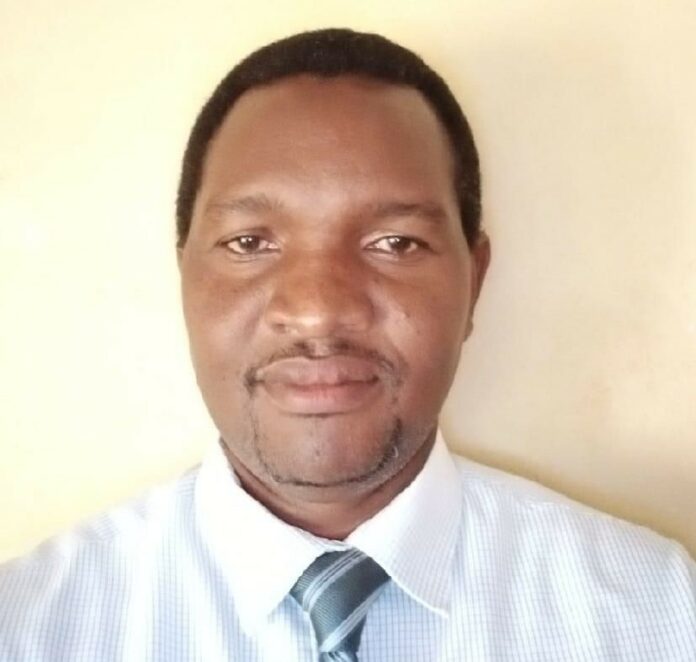Starting and running a business can be tough, especially in a country like Kenya where high cost of living and high taxation have left businesses struggling to stay afloat and the job market shrinking.
This explains why 75% of businesses do not see the 2nd birthday. In addition, most MSMEs operate at a micro level (0-10 employees), few operate at the small enterprise level (11-49 employees), and very few at a medium enterprise level – (over 50-100 workers).
The results are evident in the enterprises’ turnover where most of them report annual turnovers of less than Kshs10,000,000.
Paul Musa, a certified and licensed Master Trainer with the International Labour Organization (ILO) however believes this situation is not only linked to an unpredictable environment and increasingly unplanned taxation but also a lack of business Management skills.
This is part of the reasons why he forged a business solution enterprise to mitigate the challenges facing SMEs in Kenya.
”I realized the lack of business skills as the greatest cause of business failure after I started a business and closed within 6 months. This pushed me to look for the business skills which were not readily available then in the year 2005,’’ Muasa said.
”In the process, I became aware of my abilities, talents skills, and interests that matched the needs in the market of consulting and training,’’ he added.
His firm, not only helps existing entrepreneurs to navigate the multiple challenges but also trains university and diploma graduates on how to initiate viable and scalable businesses.
Paul Muhami: What I learned about entrepreneurship, money and wealth
Among the services offered are Training of both potential and existing entrepreneurs, Training of trainers, Mentorship and coaching, Training of Mentors, and Business consulting.
Through the enterprise, Muasa has trained over 300 trainers across employing facilitation, coaching, and mentoring skills.
He has also mentored hundreds of business owners including youths under the Equity Bank-Mastercard’s Young Africa Works (K) (YAWK) program.
The father of one however observes that some entrepreneurs have not appreciated the need for skills as a critical success factor in businesses.
”Business skill acquisition and scaling is low in the Kenyan environment and needs to be prioritized together with access to finance.’’ Added Muasa.
According to him, the lack of a proper financing model has also led to the collapse of many businesses as many financial resources and institutions in Kenya target select businesses.
”Startups have a challenge of accessing financing because of lack of history and risks involved. Other established businesses do not access enough capital because they are not investor-ready,’’ he says.
My construction business took 4yrs to break even after starting with Sh. 1 million capital
The training and mentorship journey has however not been a smooth sail for the highly certified Master trainer primarily due to inadequate cash flow and competition.
Muasa notes that uncertified and unaccredited trainers pose a challenge to the industry because they offer cheaper and low-quality services.
He navigates this by positioning himself as a certified, accredited, and licensed trainer offering quality and customized services.
Having dealt with staff, customers, partners, and other stakeholders in the business field, Muasa has gained lots of insights on managing people. He has one piece of advice for entrepreneurs.
”It is important to maintain relationships despite the experiences with a customer, stakeholder or staff. The networks should always be maintained because they provide the next connection or the next business. What goes around comes around.’’
”Do not burn bridges because they can become handy in another time. Referrals have sometimes come from the most unusual people and places.’’ He advised.
And to anyone looking to start their entrepreneurial journey, Muasa advised them to get a good mentor and invest in education and self-development.
He further advised them to invest in assets that appreciate in value rather than too much purchase of liabilities. He noted that his biggest mistake and regret in his earlier years was not investing in assets that appreciate in value.
Besides business training and mentorship, Muasa is an agribusiness development consultant, with skills in value chain selection, mapping, analysis, and general value chain development.
His future plans include transforming his business development enterprise into a Business incubation centre that will provide a one-stop shop for training, mentorship, investment, and Finance sourcing.
”Being an agriculturist I have an interest in agriculture and agricultural value chains. I wish to get into commercial agriculture, especially in climate-smart sensitive agriculture. This is in fruit farming and livestock production, especially small ruminants,’’ He said.








